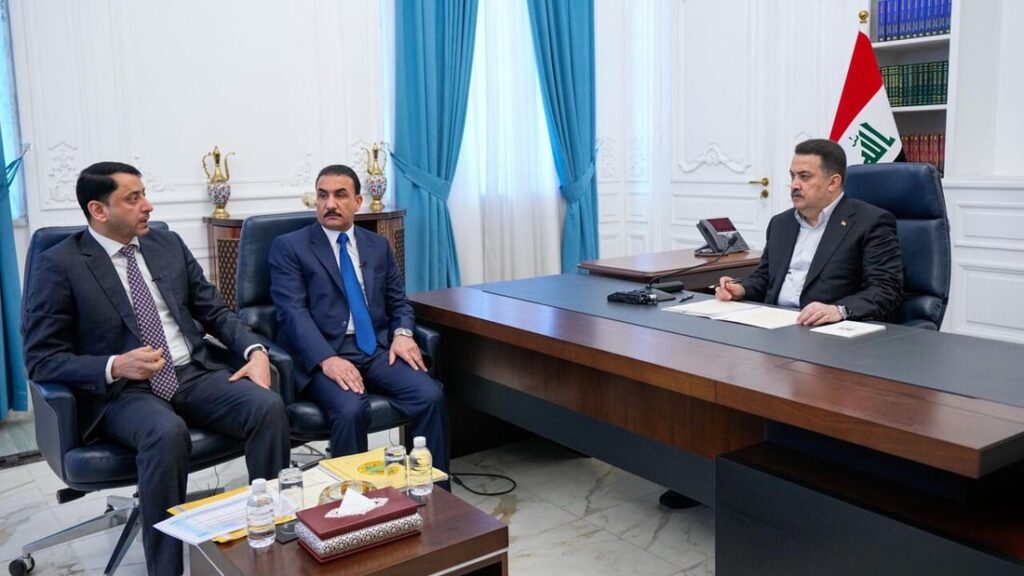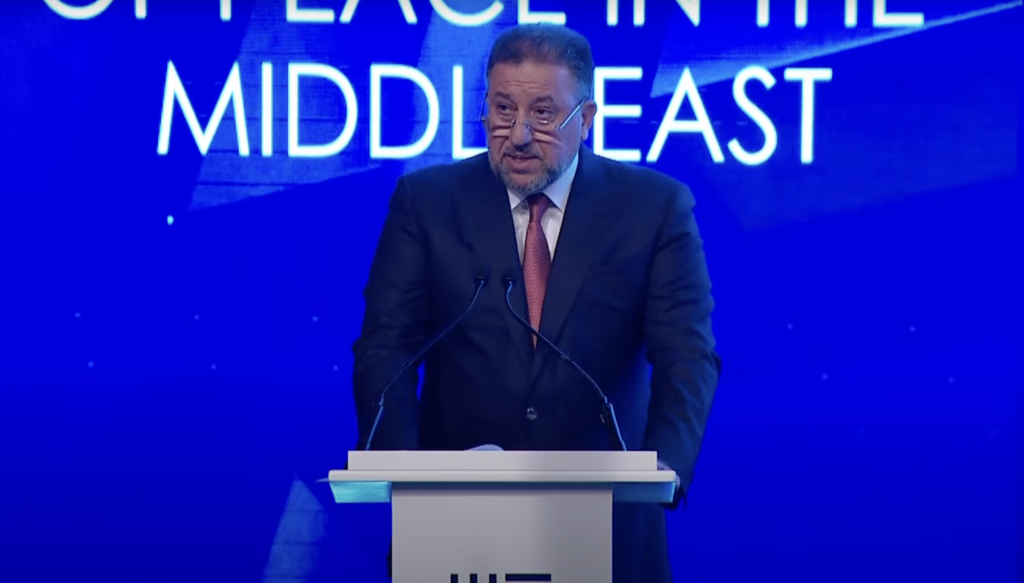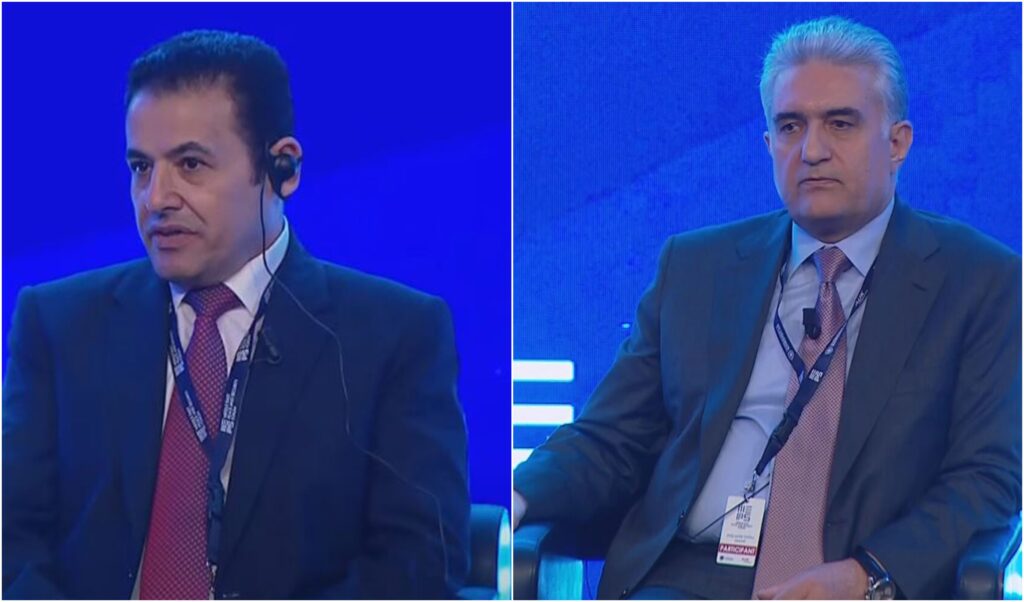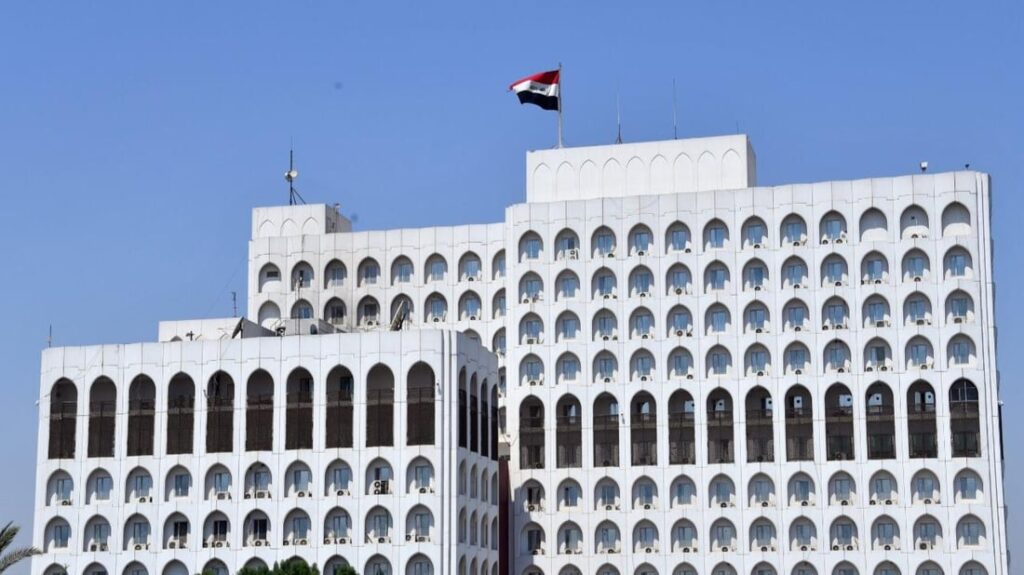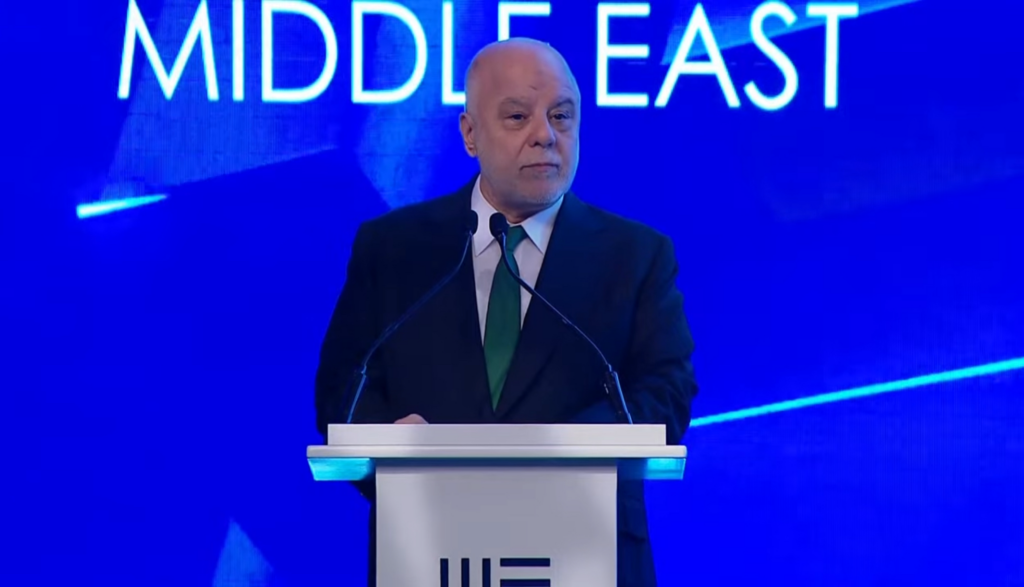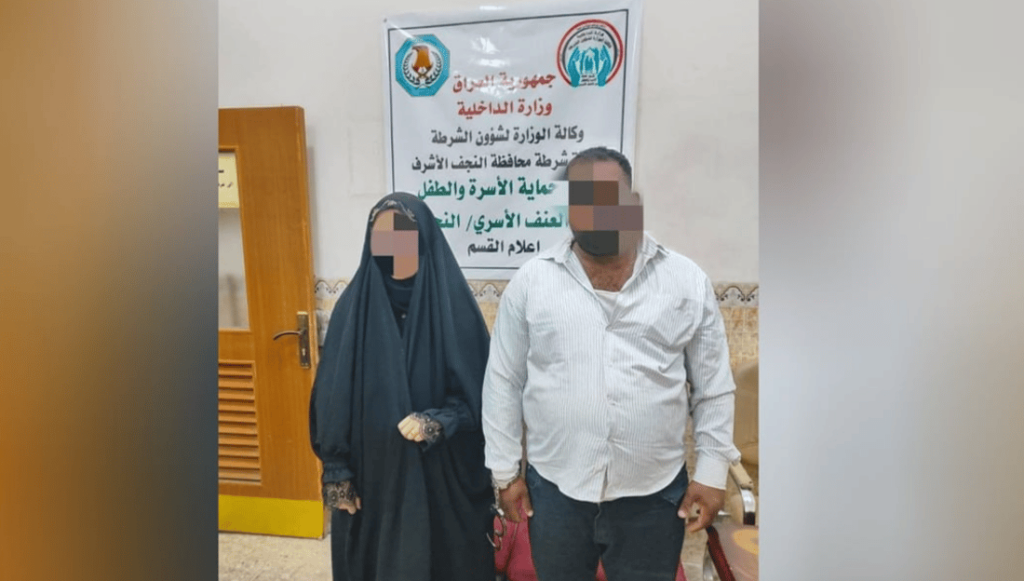Iraqi MP: Daesh leader in Anbar, protected by US forces

An Iraqi lawmaker says the leader of the Daesh Takfiri terrorist group, Ibrahim al-Samarrai aka Abu Bakr al-Baghdadi, is alive and traveling freely between neighboring Syria and desert areas in Iraq’s western province of Anbar under the protection of US military forces.
Hassan Salem said in a statement on Thursday that “Baghdadi is in the Anbar desert, which he is using as a safe haven.”
“He is being provided with US support at Anbar’s Ayn al-Assad military base and is traveling freely between Iraq and Syria.” Salem noted.
The Iraqi legislator said the US is helping the Daesh leader as Iraq’s parliament is set to soon vote on a bill on a complete US troop withdrawal from the country.
The United States supports Baghdadi “out of concerns over possible endorsement of [a] bill on expelling US troops from Iraq,” he noted.
Since last December, a number of Iraqi politicians and religious leaders have contested the continued presence of US forces in the country, with some calling for a vote in parliament on whether to expel foreign troops from the country.
However, in an interview with CBS television network broadcast on February 3, US President Donald Trump said he planned to keep United States troops in Iraq to monitor and maintain pressure on neighboring Iran.
He highlighted the importance of Anbar’s Ayn al-Assad military base, which he visited during an unannounced trip to the country last December, saying it was crucial to the surveillance of Iran’s activities.
“We spent a fortune on building this incredible base; we might as well keep it. And one of the reasons I want to keep it is because I want to be looking a little bit at Iran,” Trump said.
Meanwhile, eight Daesh terrorists were apprehended during a military operation in Anbar province on Wednesday.
“Iraqi intelligence forces launched a preemptive military operation in Zankuro and Albu Tiban areas of the province to target Daesh terrorists,” Arabic-language Baghdad Today news agency said, citing a statement issued by the Directorate of General Military Intelligence.
The statement added that government forces managed to arrest eight terrorists, whose mission was to collect information about the whereabouts of security forces and citizens to assassinate them later.
On February 18, Iraqi Prime Minister Adel Abdul-Mahdi said he was concerned about developments in Syria, where Daesh terrorists have lost their last stronghold on the eastern bank of the Euphrates River and are fleeing in droves towards desert areas in Iraq’s Anbar.
Former Iraqi prime minister Haider al-Abadi declared the end of military operations against Daesh in the country on December 9, 2017.
On July 10 that year, he had formally declared victory over Daesh in the strategic northern city of Mosul, which served as the terrorists’ main urban stronghold in Iraq.
In the run-up to Mosul's liberation, Iraqi army soldiers and voluntary fighters from the pro-government Popular Mobilization Units (PMU) – better known by the Arabic name Hashd al-Sha’abi – had made sweeping gains against Daesh.
Iraqi forces took control of eastern Mosul in January 2017 after 100 days of fighting, and launched the battle in the west on February 19 last year.

